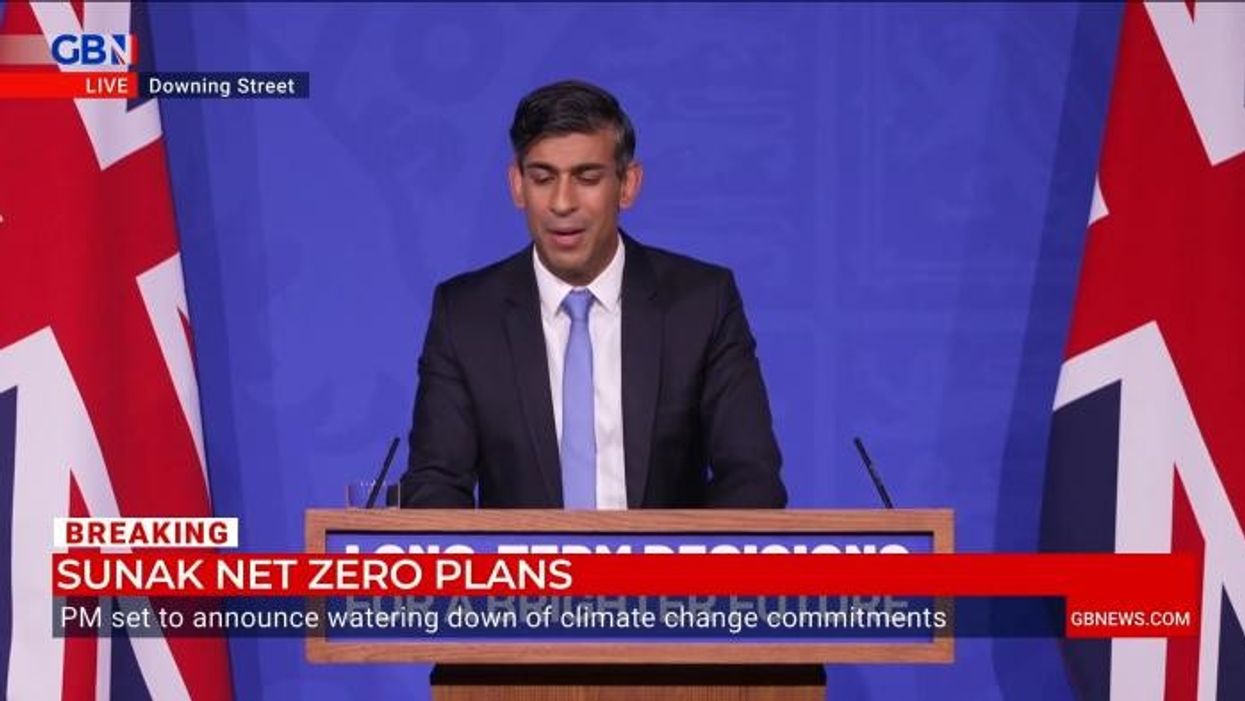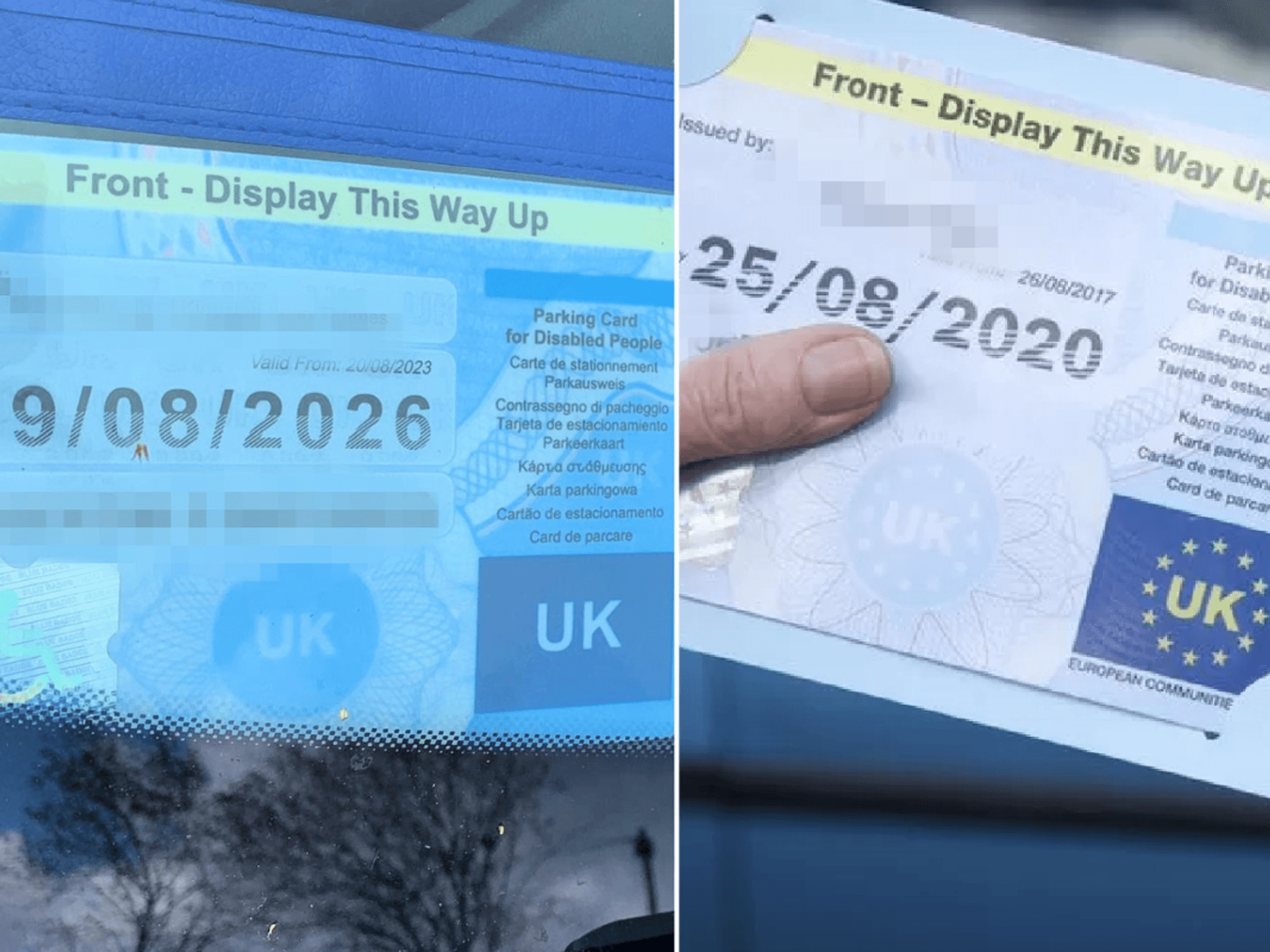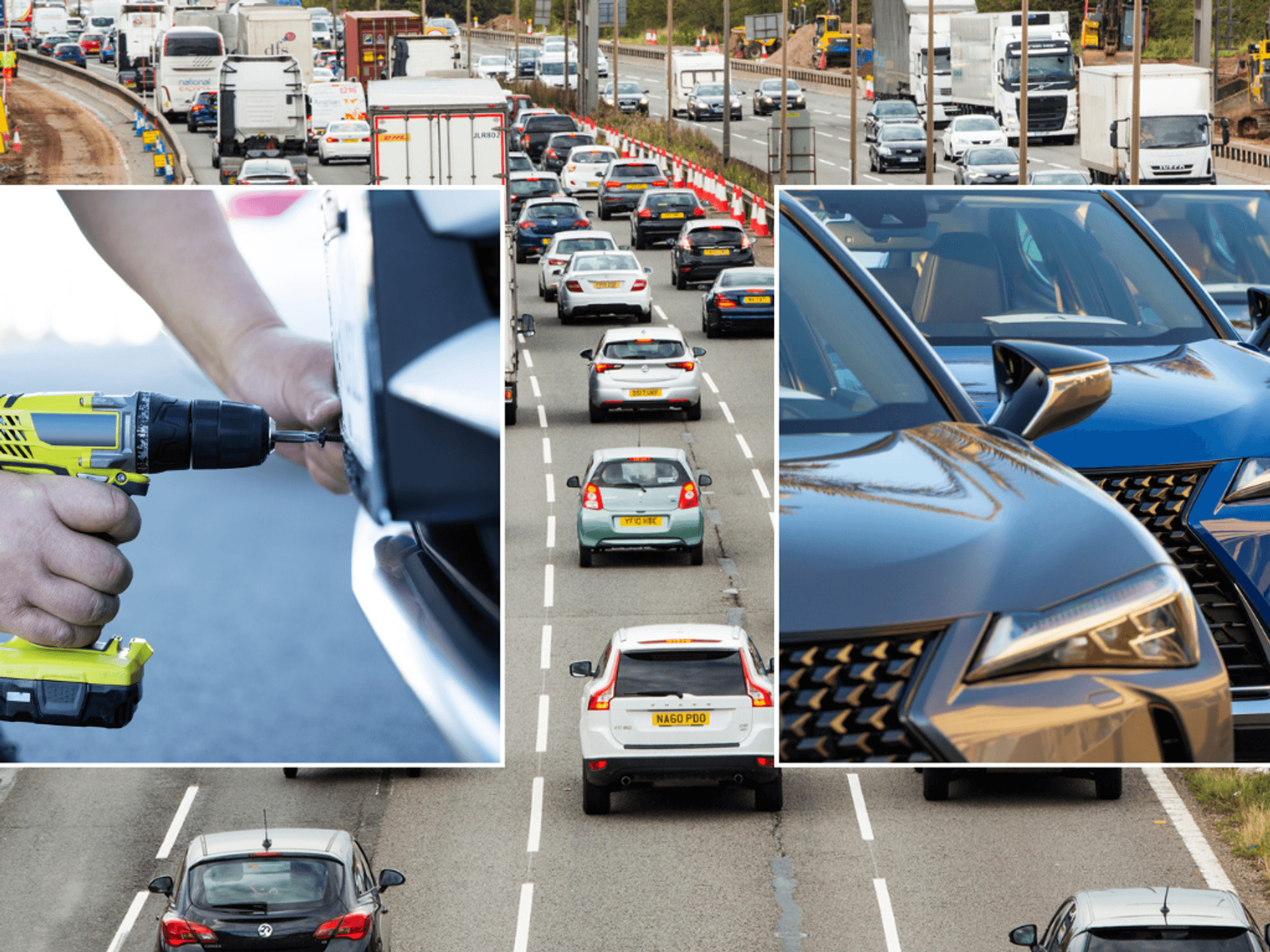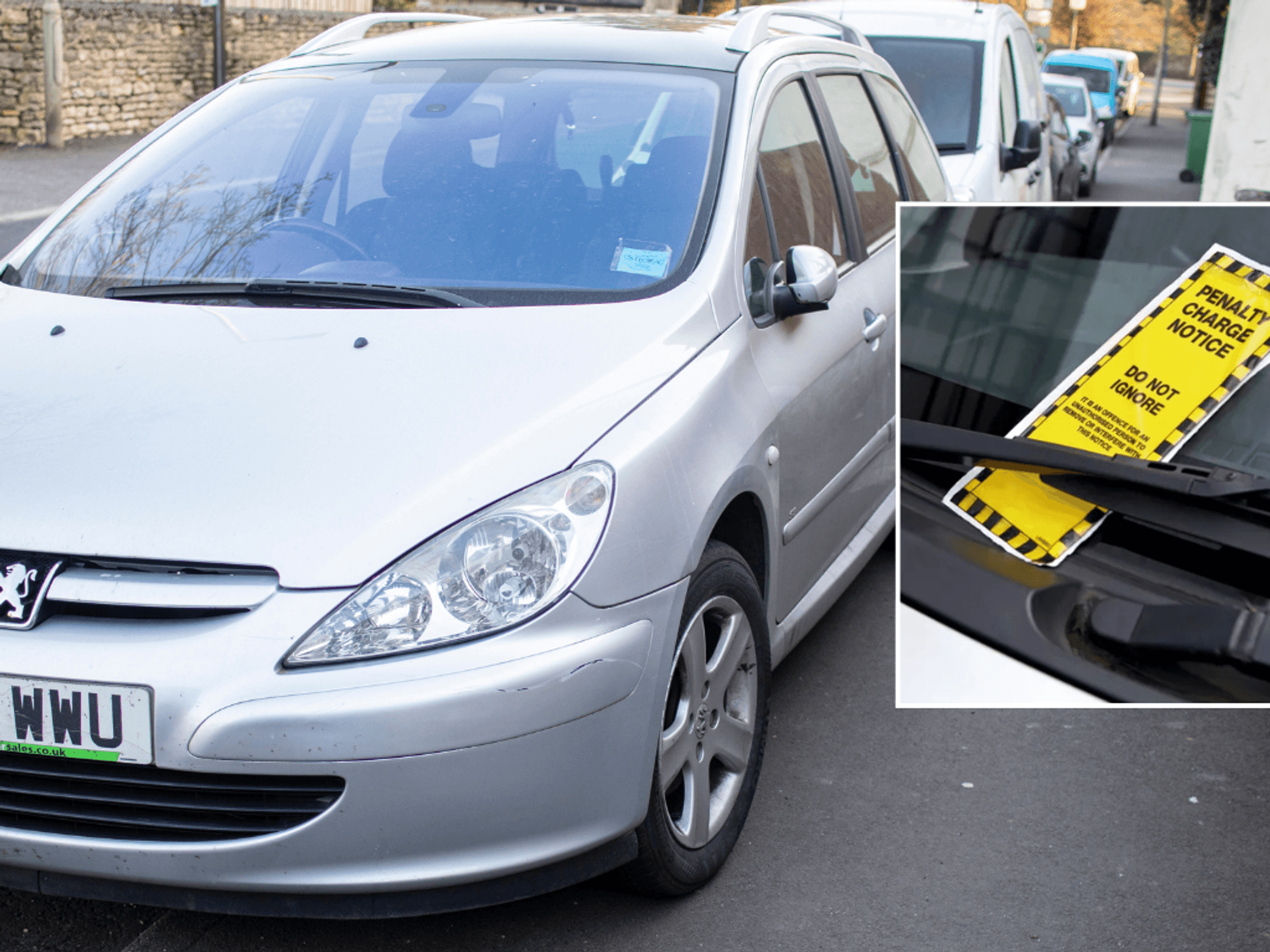Petrol drivers forced to pay £700 a year extra in running costs while electric cars are 'so much cheaper'

The 'petrol premium' stems from fuel costs, car tax and servicing
Don't Miss
Most Read
New petrol cars could cost drivers £700 a year more in running costs compared to an electric vehicle, according to new research.
Petrol drivers can expect to see a “petrol premium” hammer their finances with an estimated £10,000 additional cost over the average 14-year lifetime of each vehicle.
The data, from the Energy and Climate Intelligence Unit (ECIU), compared the 10 best-selling petrol cars of the year – like the Vauxhall Corsa, Mini and Nissan Juke – with electric equivalents.
It found that the main cost difference between an electric car and a petrol vehicle was the price of fuel against the price of charging.
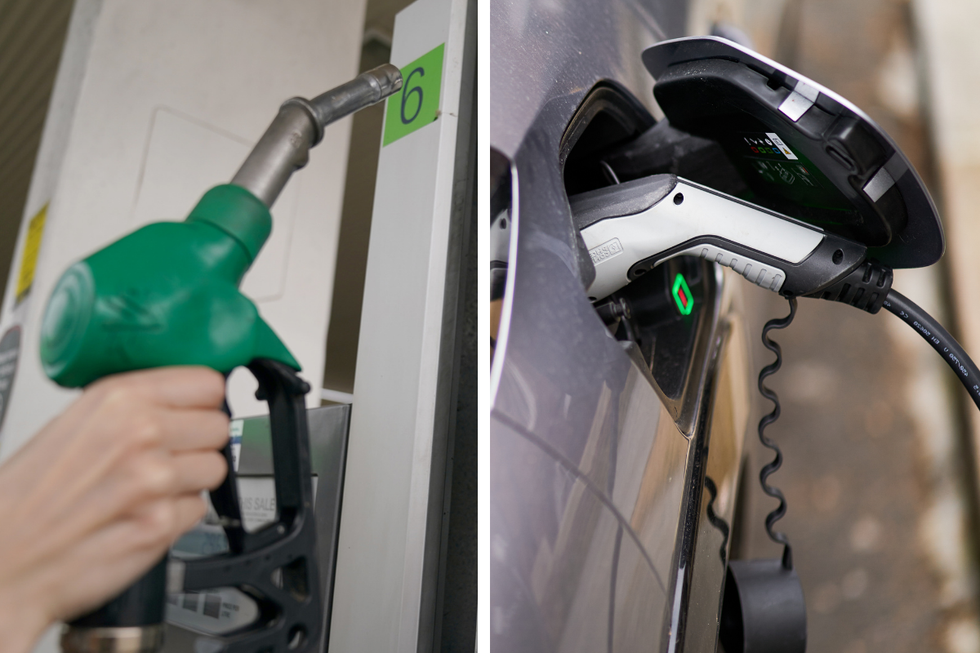
Research found that petrol vehicles have higher running costs than equivalent EVs
|PA
Despite this, other factors also contributed to the added cost including Vehicle Excise Duty (VED) and servicing the car.
The Government is expected to roll out the Zero Emission Vehicle mandate in January, with manufacturers required to sell a minimum number of electric cars and vans, starting with 22 per cent of total sales in 2024.
This will slowly rise to 80 per cent at the end of the decade, while 100 per cent of total production will be electric five years later.
Experts have recently predicted that the price of electric vehicle batteries will fall by around 40 per cent from 2022 to 2025, with Goldman Sachs analysis highlighting the reduced cost of raw materials.
Colin Walker, transport analyst at the ECIU, said: “With drivers being hit by a £700 petrol premium, a switch to an EV will see a quick return on the investment made.
“However, since less than 20 per cent of car sales in the UK are for new vehicles, it’s the growth of the second-hand EV market that is critical if more families are to be able to access the cheaper driving than comes from EV ownership.
“With the ZEV mandate coming into force next year, more new EVs will be sold which, in turn, will result in more EVs making their way onto the second-hand market in the years to come.”
Electric cars have grown in popularity over recent years, with drivers making use of falling prices, the expanding public charging network and scrappage schemes available to them.
August marked a milestone month for electric cars in the UK with the Society of Motor Manufacturers (SMMT) announcing that one new EV is registered every 60 seconds.
Rod Dennis, spokesperson for the RAC, called on the Government to introduce massive changes in the Spring Budget in March, suggesting the reintroduction of the Plug-in Car Grant.
He said any form of grant should be aimed at lower-cost electric vehicles to stimulate demand and urged the Government to cut VAT rates on public chargers to fall in line with home charging.
The expert added: “For many drivers, the idea of considering the total cost of running a car throughout its life, rather than just thinking about the upfront cost, might seem like a strange concept, especially for the majority of people who acquire used rather than new cars.
“But as this study shows, when you do the sums, electric vehicles can be so much cheaper to keep on the road, and of course there’s also the huge environmental benefits of driving a car that has no tailpipe emissions.
LATEST DEVELOPMENTS:
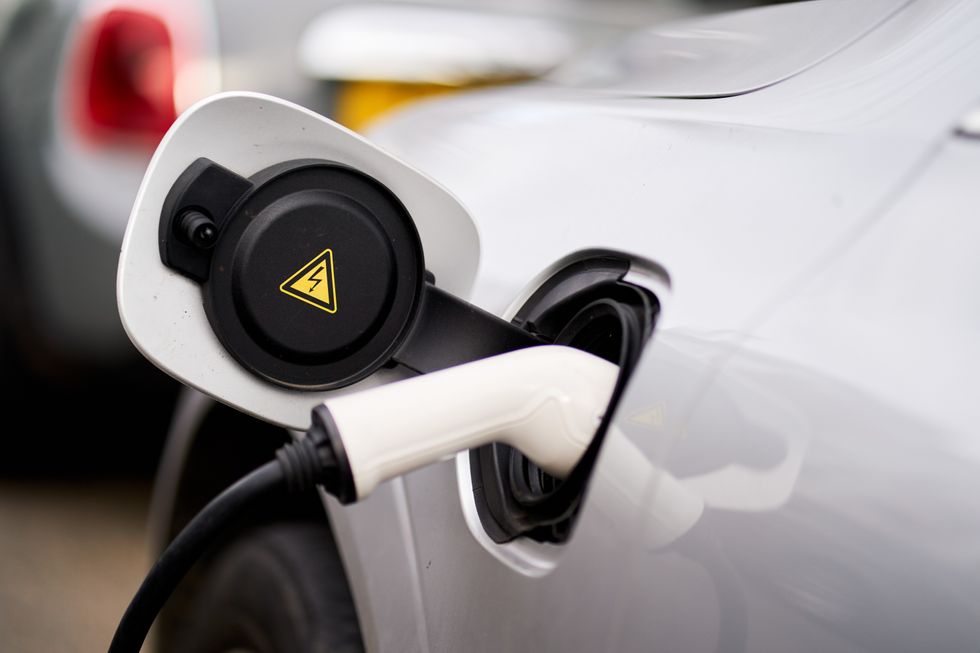
There are more than 53,000 public EV chargers around the UK
|PA
“It remains the case that more needs to be done to reduce the cost of acquiring electric cars in the first place, so they become a more natural choice for people.”


